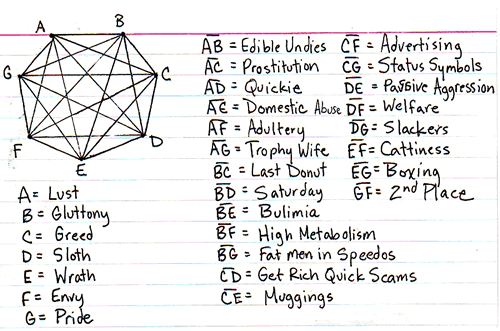
To begin, we will take Walther's definition of what a church is:
- "An Evangelical Lutheran local congregation is a gathering of believing Christians at a definite place, among whom the Word of God is preached in its purity according to the Confessions of the Evangelical Lutheran Church and the holy Sacraments are administered according to Christ's institution as recorded in the Gospel, in whose society, however, false Christians and hypocrites will always, and manifest sinners may sometimes, be found."
- Have public meetings, where adult male members of the congregation are entitles to active participation by way of speaking, deliberating, voting, and resolving. Subjects of the meeting include doctrine, election or appointment of officers, church discipline, public offenses, quarrels among members, matters of good order, and the like.
- See that the Word of God may richly dwell and have free scope in its midst. The Word of God must be believed, taught, confessed, and preached, as well as the sacraments administered.
- Care for the purity of doctrine. All the members of the congregation must strive to grow, and be enriched, in all utterance and in all knowledge.
- Look after the temporal welfare of its members.
- See that all things be done decently and in order.
- Endeavor to keep the unity of the Spirit in the bond of love and Peace also with other parts of the Orthodox Church.
























